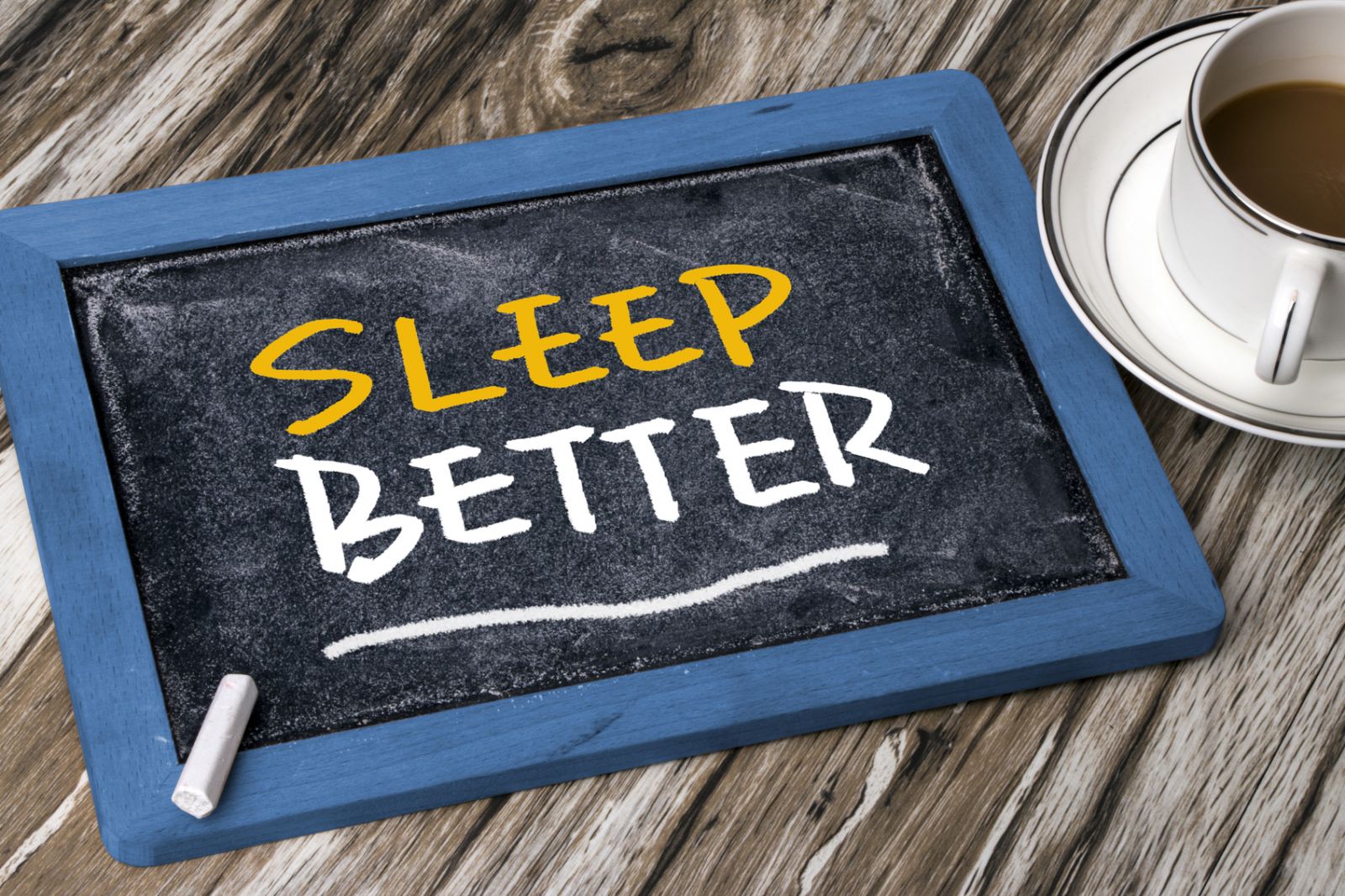Dr. John’s Big 5 for a Good Night’s Sleep

By Dr. John McElligott, M.D.
- Don’t try to go to sleep if you are not ready! When you shut down for the day, develop a program. Walk or exercise as early as possible to rid yourself of the stress and aggravation that accumulates from a day of driving, loading, unloading, dodging four wheelers, and staying on schedule. Not to mention worrying about the family, friends and making a living. If you need further education on beginning and ending your day let us know and we can help.
- No matter when your 10 + hours of driving are up, morning, noon, or night, plan your downtime so you can rest well. This starts by beginning your day with getting the task you hate the most out of the way. Eat healthy foods while working and avoid drinks like coffee, tea, and alcohol within 3-4 hours of going to bed. These drinks can cause the mind to race and, in the case of alcohol, can lead to restlessness and fatigue when you begin your day. In the near future, we will have access to a dietitian on our workstations at the New IdleAir health stops. Check out our website expressms.net and look for a link to IdleAir for locations and to ask for a medical parking space.
- Remember darkness to sleep and sunshine for the day. Avoiding any light in your sleeping environment. I personally have blinders that I use especially when I am traveling. Just don’t forget to wash them weekly. Darkness is your friend as your melatonin produced by your body increases during darkness and your body cools down and relaxes for a good night sleep.
- A trucker’s nap is ideally 20 minutes. This duration is what produces more energy, alertness, and productivity. Longer nap times cause disruption of your circadian rhythm. The hours-of-service is a rule with the FMCSA but your well-being, health, and safety come first with Dr. John. Call me if you struggle with sleep.
- If you wear a CPAP, put it on when you take a nap. “Don’t leave home without it.” Use your blinders when napping and consider wearing ear plugs when you sleep. The latter is not for everyone but you may want to try it. We have a special plug that you will see on our website soon since Dr. John has a one size that fits all.
Below you will find a bit of science about sleep from our sleep team at Dr. John’s Medical Solutions. Call us if you have a question about our medical and sleep services. Sleep hygiene refers to the everyday behaviors and habits that affect your sleep. Just getting enough sleep isn’t enough. It must be restful and restorative sleep. In other words, sleep quality is just as important as quantity. Research shows that making certain adjustments to your routines and habits can greatly improve your sleep, both in quality and quantity.
Food: Eating before bed or during the night triggers release of insulin and other hormones associated with digestion which can interfere with sleep and throw off circadian rhythms.
Smoking: Nicotine in cigarettes is a stimulant and interferes with sleep. Don’t smoke before bed or during the night. Ideally, don’t smoke at all.
Exercise: Exercising releases adrenaline and prepares your body for maximum alertness, not sleep. You should exercise regularly, but not within 2-3 hours before going to sleep.
Caffeine: Caffeine is a stimulant and will keep you awake. If you are having any kind of sleep problem, you should not take caffeine. Caffeine is a tasteless, odorless substance and so decaffeinated beverages should not taste any different. Taper yourself off of caffeine by mixing half regular and half decaffeinated, going down by a half cup every two days to avoid withdrawal symptoms of headache and sluggishness. Once you are totally off caffeine you will feel better, sleep better, and have more energy during the day.
Alcohol: Some people use alcohol to get to sleep. This is a big mistake. Although alcohol might help some people fall asleep, research shows that alcohol disrupts normal sleep and the sleep you get will be poor in quality. Do not drink alcohol if you have sleep problems. Even one or two glasses of wine with dinner can interfere with the quality of sleep. Save it for special occasions.
Over-the-counter medicines: Certain over-the-counter headache medicines contain caffeine – read the label and avoid them. Certain over-the-counter cold medicines and decongestants (such as pseudoephedrine) have a stimulant effect and can keep you awake.
DON’T WATCH THE CLOCK: If you are awake during the night, don’t keep checking the time. This makes you more anxious and makes it harder to fall back to sleep.
About: Dr. John is nationally renowned as an advocate on truck driver health issues. He has written for many industry publications and is a regular commenter on Sirius XM Satellite radio’s Road Dog. He has been actively involved with the St. Christopher Fund that assists truck drivers having financial hardships after medical problems. Dr. John was appointed by FMCSA in 2010 to the Medical Examiner Work Group (MEWG). He is now affiliated with Dr. John’s Medical Solutions. To learn more about Dr. John’s Medical Solutions go to – http://www.expressms.net/
